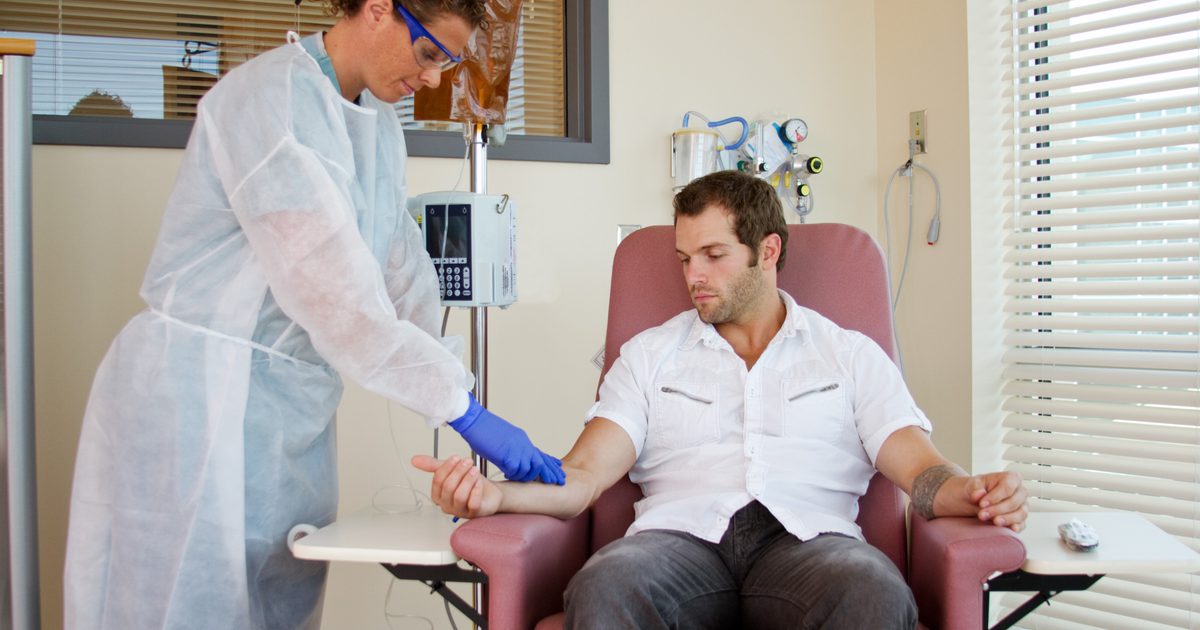Acute Renal Failure: An Overview
Detecting And Treating Renal Failure

The good news is acute renal failure is easy to detect with medical tests like urine output analyses, blood tests, and ultrasounds. Once this condition has been diagnosed, there are also several treatment options available. Most of the time acute renal failure patients are hospitalized while recovering due to the disease's severity. Treatments include, and are not limited to, rehydrating patients who are dehydrated or if they have too much fluid in their body, removing it, and removal of excess minerals from the blood with medications or dialysis. During the recovery process, individuals suffering from acute renal failure will need to make lifestyle changes like restrictive diets that limit salt, potassium, and phosphates to help lessen the pressure put on their kidneys.
Get the details on preventing acute renal failure next.
Preventing Acute Renal Failure

It’s hard to prevent acute renal failure, but there are some things most individuals can do to help lower their risk of developing this condition. Keeping hydrated is important to keep the kidneys functioning at optimum levels. Additionally, healthy lifestyle choices such as following a low sodium diet and exercising regularly help. It is also important to read the labels of over-the-counter treatments, and only take what is recommended. Ingesting too much acetaminophen or ibuprofen along with other over-the-counter medications or supplements can cause acute renal failure. It is also important to visit the doctor regularly, particularly for those at an increased risk of acute renal failure.
